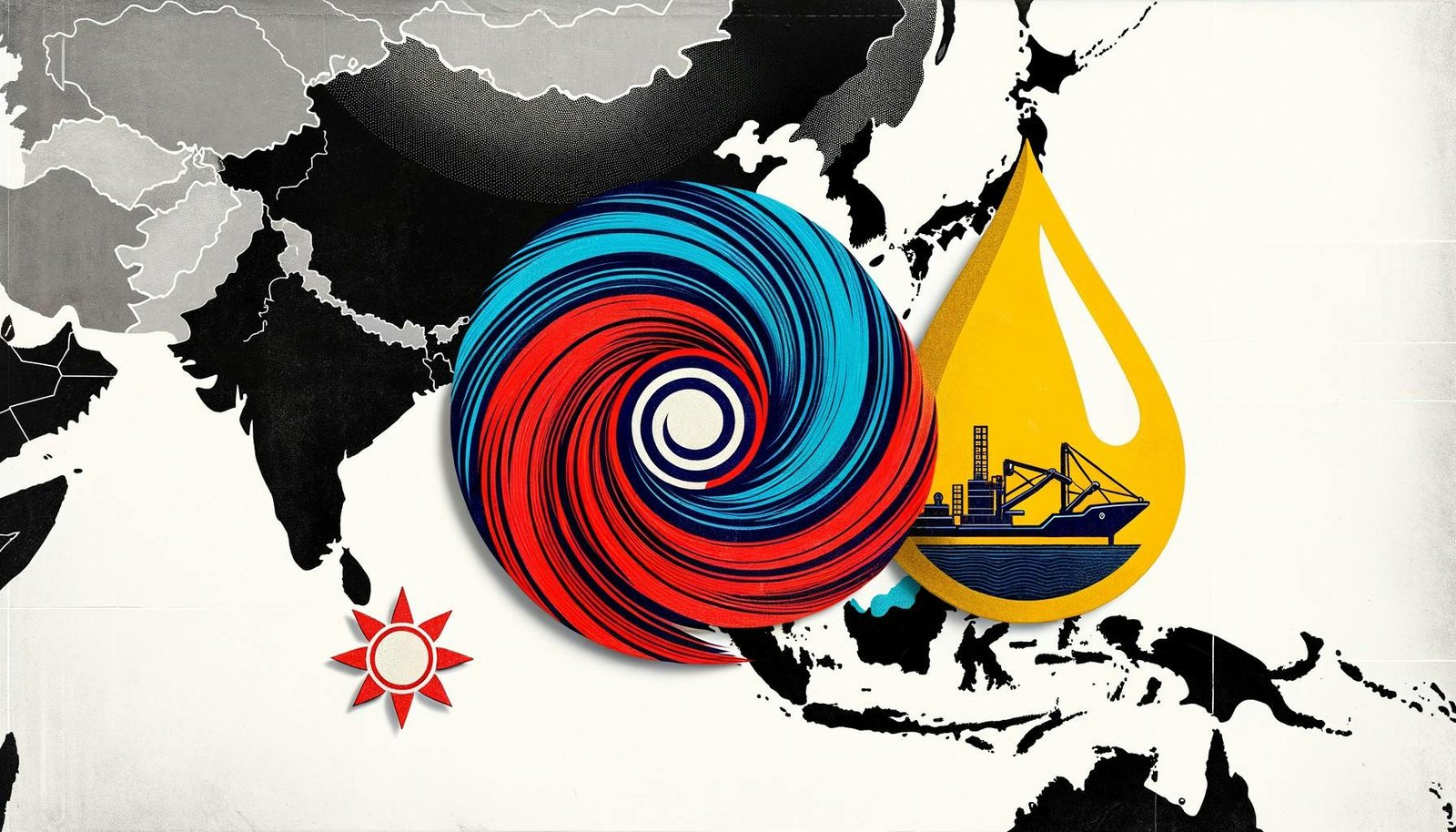What’s going on here?
Emerging Asian currencies like the South Korean won and the Taiwan dollar have taken a hit due to rising geopolitical tensions in the Middle East, while investors reconsider their expectations for Federal Reserve rate cuts.
What does this mean?
The South Korean won recorded its steepest decline since August, with the Malaysian ringgit also struggling in its toughest week since 2020. Taiwan’s dollar fell about 0.5%, partly because of Typhoon Koinu, while the Philippines peso showed resilience, ticking up 0.2% as inflation slowed to 1.9% in September. Market dynamics are shifting as investors now see a 32% chance of a 50 basis point rate cut by the Federal Reserve in November, down from nearly 49% last week. Rising oil prices, driven by Middle East tensions, are expected to challenge potential benefits from rate cuts or China’s economic stimulus efforts. Additionally, easing inflation is likely to prompt the Bank of Korea to consider policy rate cuts, though the Reserve Bank of India is predicted to maintain its stance.
Why should I care?
For markets: Geopolitical tremors shake financial stability.
Unrest in the Middle East has pushed oil prices higher, applying downward pressure on emerging Asian currencies and affecting stock performances. While South Korean and Singaporean equities posted gains, those in Indonesia, Malaysia, and Taiwan saw declines. The US dollar’s strength may continue to outpace these regional currencies if the geopolitical landscape remains unsettled.
The bigger picture: Global tensions and economic reactions.
While US President Joe Biden doubts a full-scale war in the Middle East, Japan’s Prime Minister is already preparing a new stimulus package to buffer potential economic impacts. Investors will closely watch key job and inflation reports from China, Thailand, and Taiwan, as they could influence central bank rate decisions and shape the financial landscape in the weeks to come.


